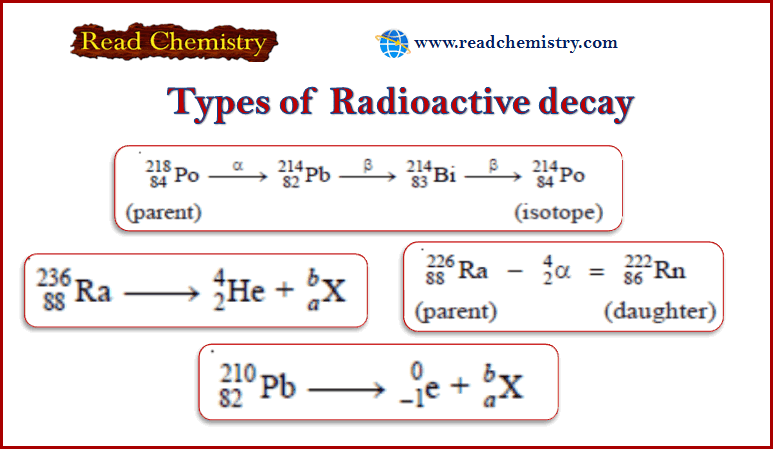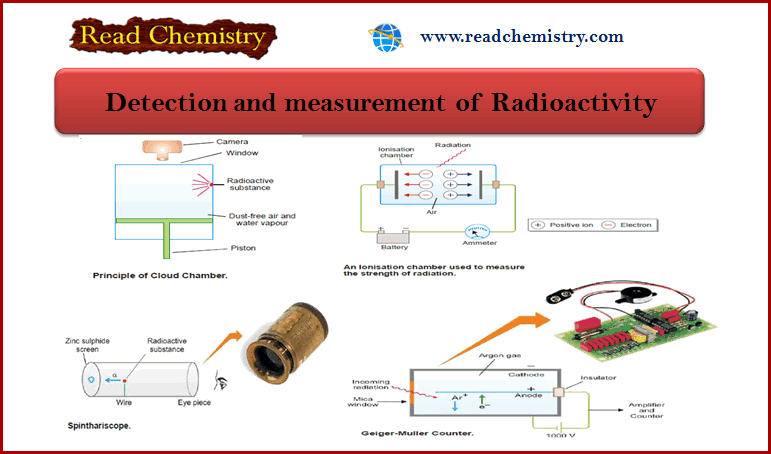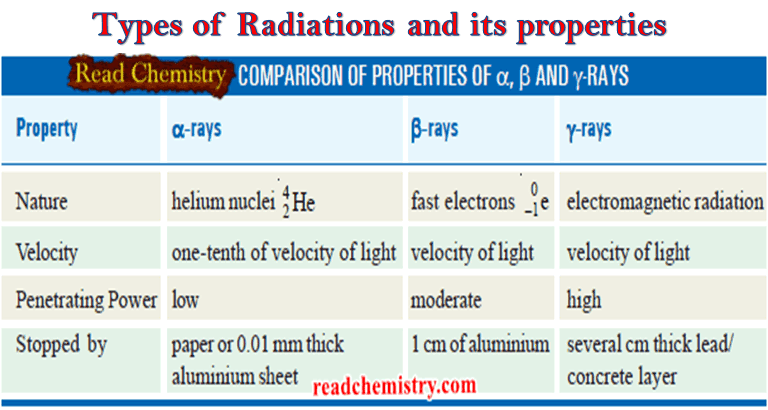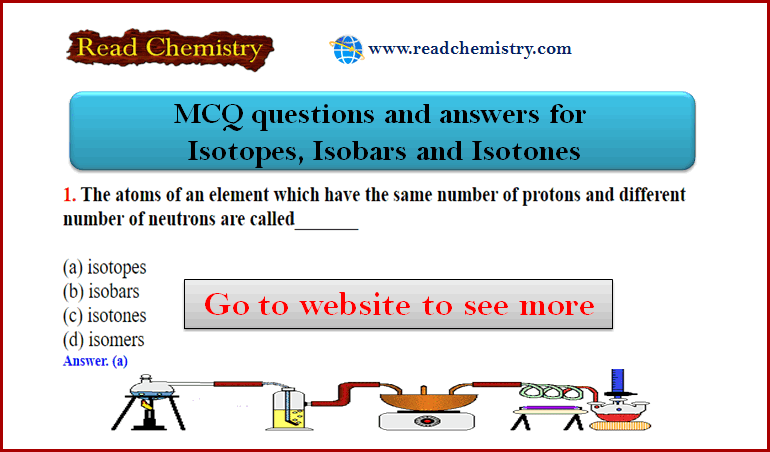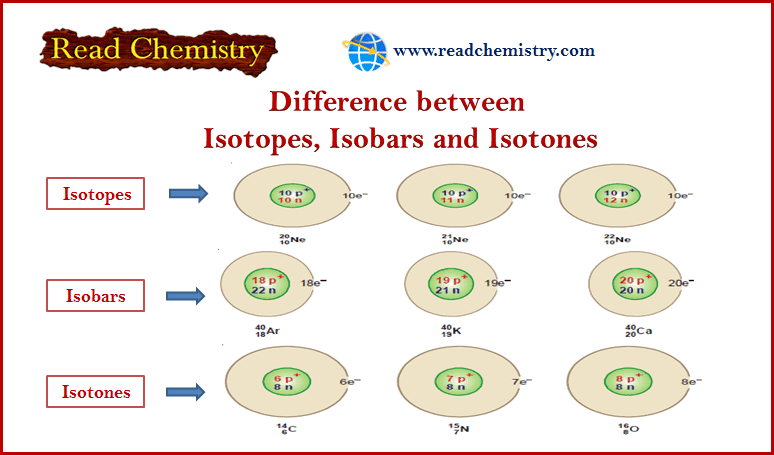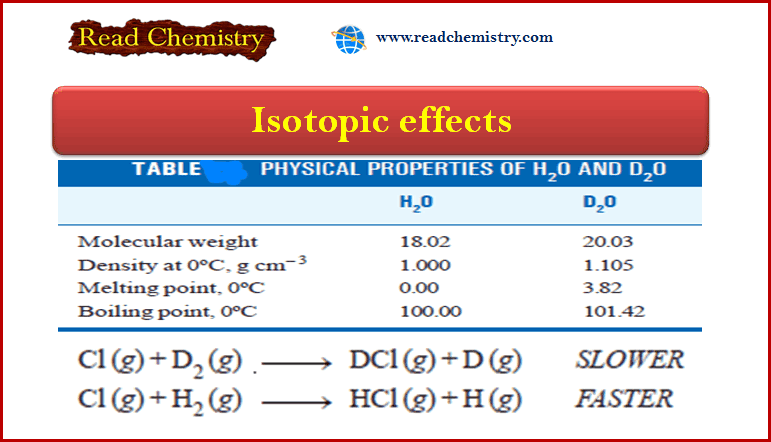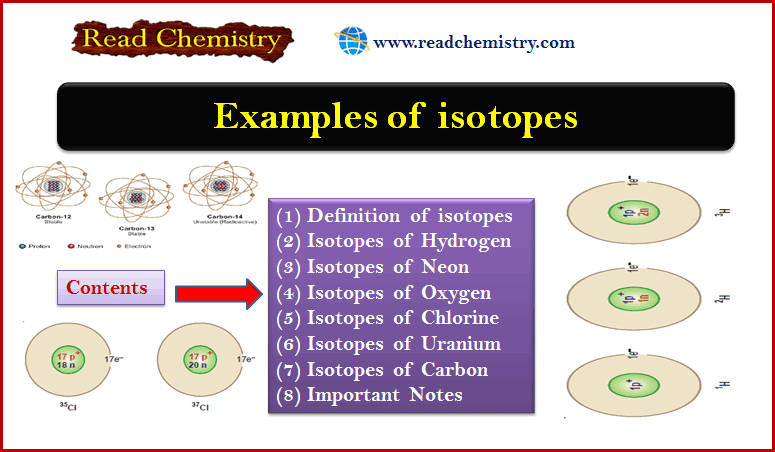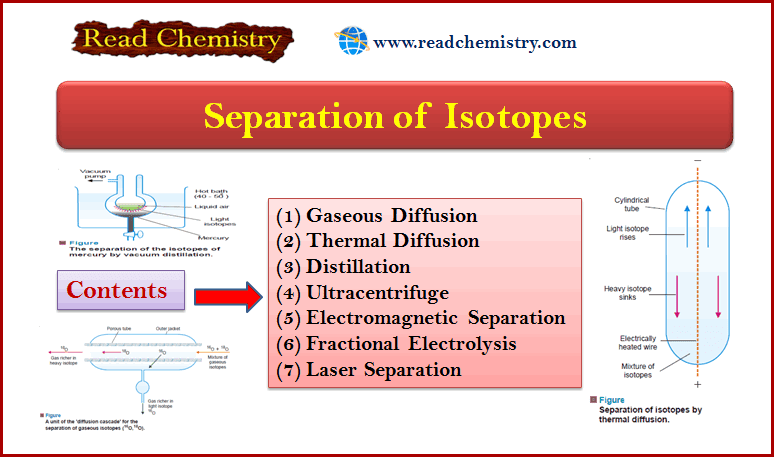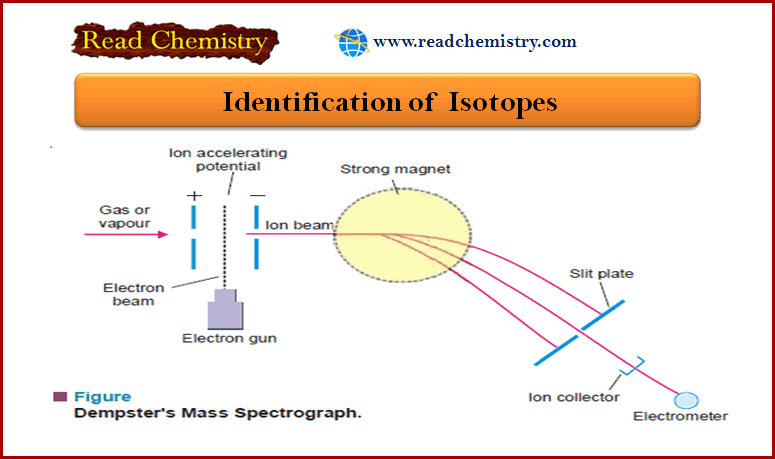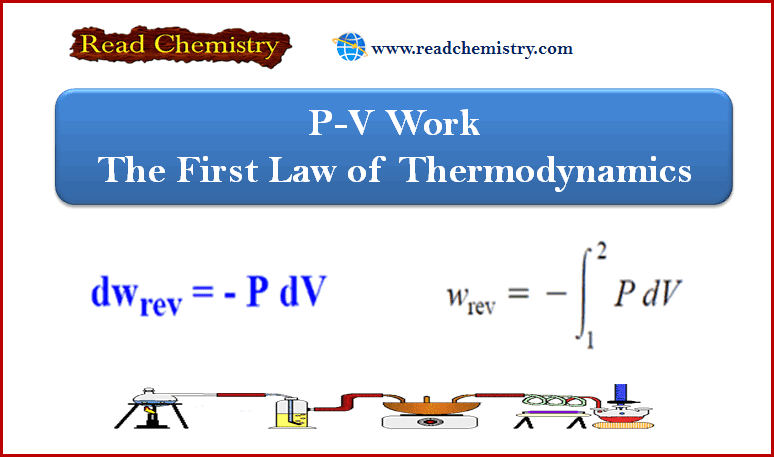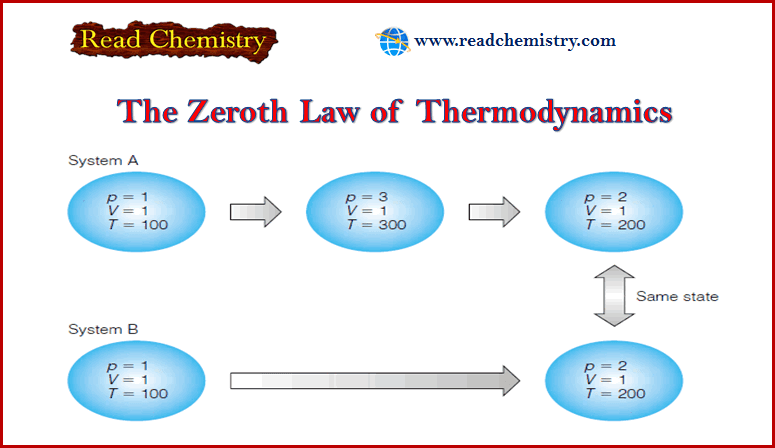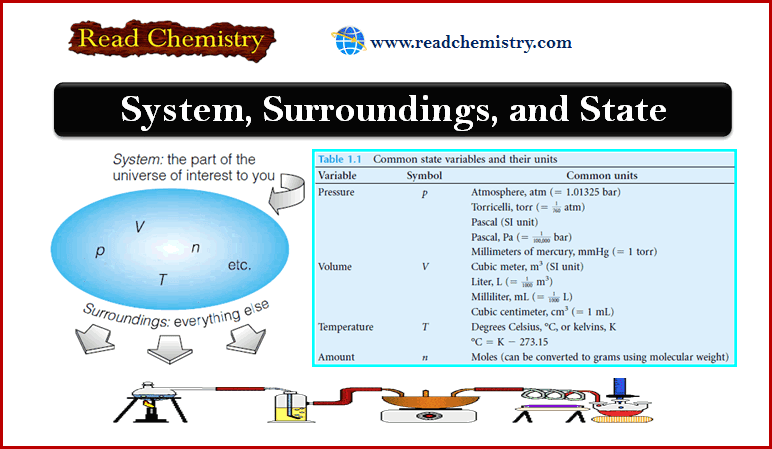Physical Chemistry blends chemistry with physics, studying matter’s behavior using concepts like thermodynamics, kinetics, quantum mechanics, and spectroscopy. It explains how and why chemical reactions occur at the molecular level.
Physical Chemistry
-
Radioactive decay: Definition, Types, Examples
– In this subject, we will discuss the Radioactive decay: Definition, Types, Examples Types of Radioactive Decay – According to…
Read More » -
Radioactivity: Detection and Measurement
– In this subject, we will discuss the Detection and measurement of Radioactivity. Detection and measurement of Radioactivity – Radioactivity…
Read More » -
Types of Radiations and its properties
Nuclear reaction ** A nuclear reaction is different from a chemical reaction. ** In a chemical reaction, atoms…
Read More » -
MCQ on: Isotopes, Isobars, and Isotones
MCQ on: Isotopes, Isobars, and Isotones – In this subject, you will find 25 questions and answers MCQ on Isotopes,…
Read More » -
Difference between Isotopes, Isobar, and Isotones
In this subject, the Difference between Isotopes, Isobar, and Isotones will be discussed with some Common Examples for all types.…
Read More » -
Isotopic effects: Definition, Applications
– In this subject, we will discuss the Isotopic effects: definition, Applications Definition of isotopes Isotopes may be defined as…
Read More » -
Examples of isotopes
– In this subject, we will discuss 7 Examples of isotopes Definition of isotopes Isotopes may be defined as :…
Read More » -
Separation of Isotopes
– In this subject, we will discuss the Separation of Isotopes by seven methods Separation of Isotopes – Since isotopes…
Read More » -
Identification of Isotopes
– In this subject, we will discuss the Identification of Isotopes by Aston’s Mass Spectrograph and Dempster’s Mass Spectrograph Identification…
Read More » -
Isotopes: Definition, representation, Examples
– In this subject, we will discuss the Isotopes: Definition, representation, Examples What are Isotopes? – Contrary to Dalton’s Atomic…
Read More » -
P-V work – The First Law of Thermodynamics
– In this subject, we will discuss Pressure-volume work – P-V work – the First Law of Thermodynamics Work –…
Read More » -
Zeroth Law of Thermodynamics
– In this subject, we will discuss The Zeroth Law of Thermodynamics Introduction to Zeroth Law of Thermodynamics – Thermodynamics…
Read More » -
System, Surroundings, and State: Definition – Overview
– In this subject, we will discuss the System, Surroundings, and State: Definition – Overview What are the System and …
Read More »

